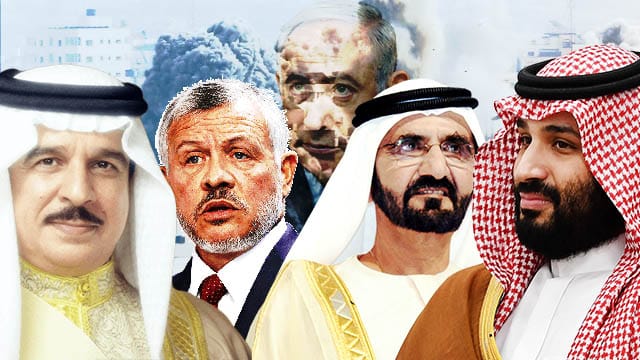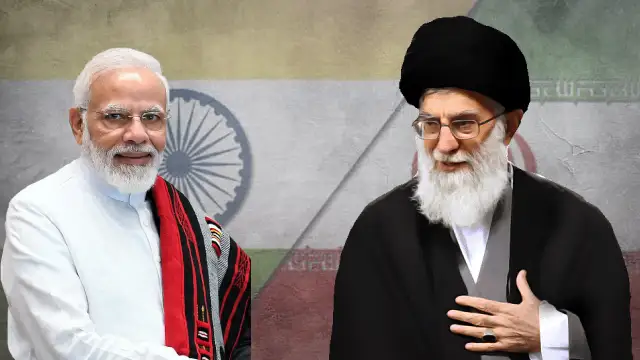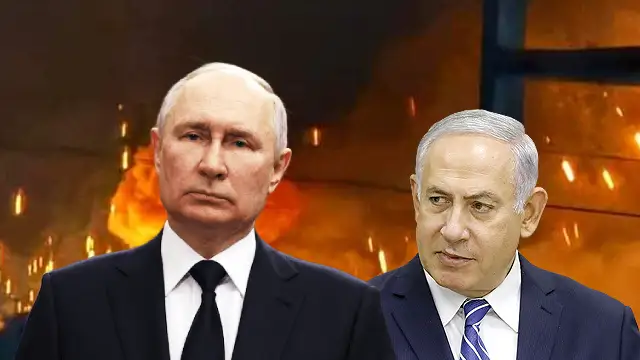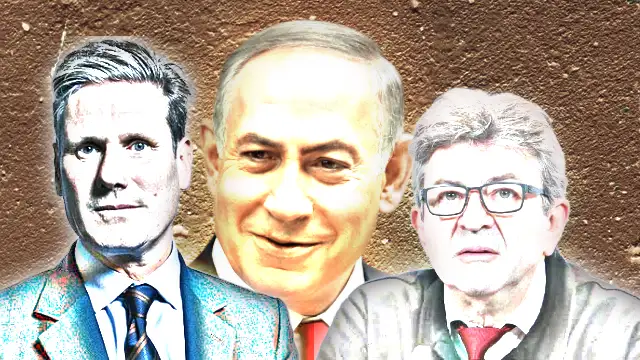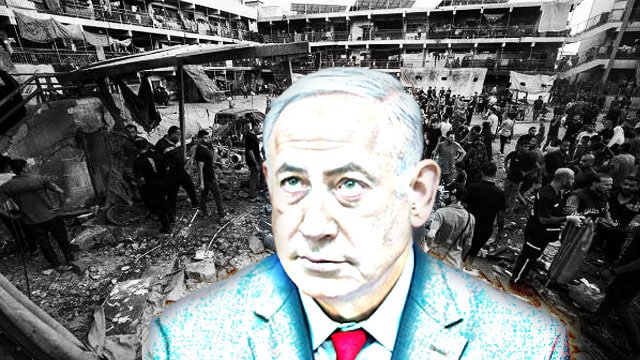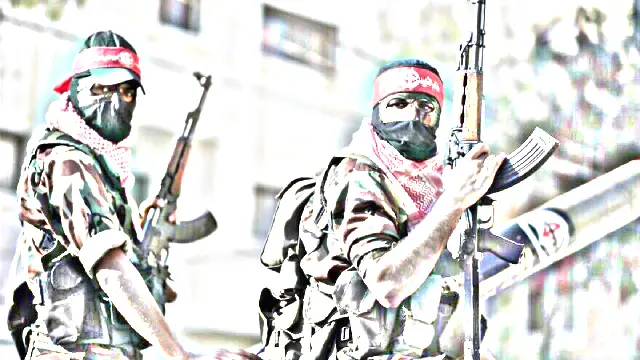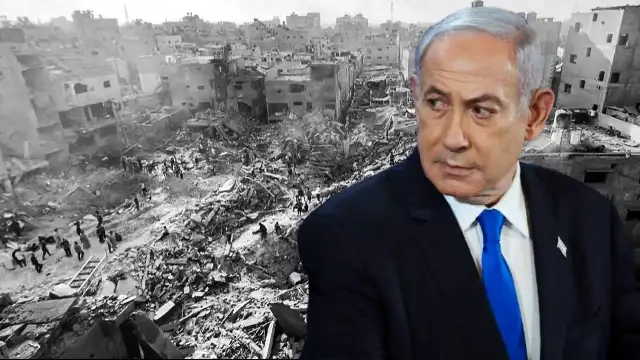As an appalled world watches the grotesque optics of the ongoing genocide in Gaza, carried out by Israel, the role of the Gulf monarchies has come under question. Ever since Israel began its new lease of violence, following the October 7th attack on its military forces by the Palestinian resistance, the Arab monarchies have failed to take any effective steps against the aggressor.
Although most of the Arab monarchies, including Bahrain, Jordan and the UAE, which have formal ties with Israel, along with Egypt, a republic, condemned the ongoing genocide in Gaza in unequivocal terms, and they have demanded an immediate ceasefire, none of them took any effective action against Israel for violating human rights.
The emergency summit on the genocide in Gaza
Saudi Arabian Crown Prince Mohammad bin Salman (MbS) had called a summit of the Arab League and the Organisation of Islamic Cooperation (OIC) on Saturday, November 11th, and Sunday, November 12th, respectively. However, the Kingdom soon replaced the two summits with a joint summit on both days given the “extraordinary” situation prevailing in Gaza.
The final communique of the summit condemned the “Israeli aggression on the Gaza Strip, war crimes and barbaric and inhumane massacres by the occupation government”. It also demanded an end to the siege on Gaza, allowing humanitarian aid to reach the victims in the enclave and to halt the export of weapons to Israel.
Although MbS reportedly organised the extraordinary event to put pressure on the US-led West over its support of the ongoing genocide in Gaza, the lack of basic consensus at the forum rendered its communique ineffective. The extraordinary summit’s outcome was quintessential of other such Arab summits against Israeli aggression.
The final communique brought out after the end of the summit failed to show any direction. It showed that most of the countries relied on mere phrases to counter Israeli aggression. Like other communiques of the past, the latest one won’t make any difference. Neither Israel nor the US will even pay a look at it, let alone following its essence.
The communique’s wordings manifested that the Gulf monarchies and other Arab countries lack a specific mechanism to bring Israel to justice and halt its genocidal juggernaut. The communique appeared to be a botched-up job, which was brought to only display a façade of unity between the countries.
Even in that case, the purpose of the communique failed, as Iraq and Tunisia didn’t sign the final communique due to their differences in the usage of certain terms in the document.
The reasonable demands
So far, among all countries of the region, only Iran and Syria have made concrete proposals to stop the ongoing genocide in Gaza. Iranian President Ebrahim Raeisi and Syrian President Bashar al-Assad demanded effective measures to stop the genocide of the Palestinian people.
The Iranian president presented ten urgent solutions and proposals at the summit, where he demanded concrete actions against the Israeli state to force it to retreat from the genocide.
Iran’s primary proposal is to force the US, which Raeisi accused as the chief mastermind of the genocide, and Israel to halt the war machinery and stop the genocide in Gaza. Raeisi called upon the Arab countries to take centre stage in the global arena as the US and its allies have exhibited their ineptness and hypocrisy.
“Now that the international assemblies under the influence of the United States are suffering from indecisiveness and lack of character and identity, we must take the field”, Raeisi told the leaders of the Arab countries.
Iran’s other proposals include the complete lifting of the inhumane blockade of the Gaza Strip, the unconditional opening of the Rafah border crossing to help send humanitarian aid to the entrapped people of Gaza, an immediate Israeli military withdrawal from Gaza, the discontinuation of any political-economic engagement with the Israeli state and labelling it as a “terrorist organisation”.
Apart from calling the US the main perpetrator of the genocide, Raeisi also asked the Arab states to take steps towards a complete economic blockade of Israel, especially to deprive it of fuel supply.
Raeisi called for constituting an international tribunal to prosecute the Israeli war criminals and punish them for their terrorist activities in occupied Palestine. He also called upon the Arab countries to arm the Palestinian resistance if the Israeli aggression continues.
Syrian President Assad, on the other hand, stressed the need to end the “vicious cycle” of Israeli violence against the people of Palestine. He also criticised the path of passive resistance chosen by the Arab countries.
“If we do not have real tools for pressure, then any step we take or speech we give will have no meaning”, Assad said criticising the process of adopting resolutions to condemn Israel, which don’t bring any change in the ground realities.
Like Raeisi, Assad also blamed the West for the ongoing bombing campaign targeting civilians in the Gaza Strip and demanded that the Arab nations refrain from any “political” engagement with the Israeli state until a lasting ceasefire is secured.
“A right cannot be restored when the criminal has become a judge and the thief has become a referee”, Assad said while taking a pot-shot at the West for its alleged debauchery in the Israel-Palestine conflict.
Syria was readmitted to the Arab League earlier this year after it was expelled from the organisation during its civil war. The Syrian Civil War was reportedly waged by the US-sponsored nexus of the West, the Gulf monarchies, Türkiye and Israel to oust Assad’s government.
The Syrian government fought against the terrorist forces allegedly funded by the nexus and defeated it to prevent a balkanisation of the country. Even though it has secured a victory against the terrorists, Syria continues to face attacks by Israeli and US forces, as parts of its territory remain under illegal occupation by these two.
Why major Arab states are not interested in the resolution of the Palestine crisis?
Economic ties of the Gulf monarchies with the West compel them to remain passive and only resort to phrase-mongering during any Israel-Palestine conflict. Even during the ongoing genocide in Gaza, where Israel has been continuing its aggression for 38 days, killing hundreds of children every day, the Gulf countries are worried about active intervention to avoid irking the US and the West.
Most of the Gulf monarchies have very strong trade ties with both the US and the European Union (EU). These ties compel them to allow the Israeli war crimes to continue unabated and after suffering a humiliating defeat at the hands of the Israeli aggressors in the 1967 war, they have been reluctant in confronting Tel Aviv strongly.
According to the US government’s data, the US bilateral trade with Saudi Arabia totalled an estimated $46.6b in 2022. While Saudi Arabia exported goods and services worth $24.9b the US exported goods and services worth $21.6b. The balance of payment (BoP) is $3.3b in favour of Riyadh.
The US had $12.2b-worth foreign direct investment (FDI) in the Kingdom in 2022, while the Saudi FDI in the US was worth $6.8b in 2022, which experienced a 7% growth vis-à-vis the investment in 2021.
Similarly, the US imported goods and services worth $6.9b from the UAE in 2022. In the same year, the UAE’s FDI in the US increased by 6.8% vis-à-vis 2021, reaching $22.6b.
The US imported goods and services worth $3.9b at a trade deficit of $1.6b with Jordan in 2022. For Qatar, the volume of trade surplus with the US is $1.2b.
The EU is the second-largest trading partner of the Gulf Cooperation Council (GCC), which includes Bahrain, Kuwait, Oman, Qatar, Saudi Arabia and the United Arab Emirates.
The following table shows the EU-GCC trade volume
Even though Saudi Arabia and the UAE are trying to diverse their trade and relations by adopting a multi-lateral praxis, which is helping them to balance their relationship with the US and the West by maintaining cordial trade ties with China and Russia, they are not able to jeopardise their existing trade relations for the sake of Palestine.
On the other hand, excluded due to international restrictions, Iran and Syria have managed to achieve some form of basic economic self-reliance. While Syria has been facing restrictions since the beginning of the civil war in 2011, sanctions were imposed on Iran by the US in 2018.
Apart from the trade ties, the Arab countries are also apprehensive about the conflict spilling over into a regional one if they try to intervene in it. Though many of the Arab countries, especially Saudi Arabia, have grown militarily in comparison to 1967, the fear of massive retribution from the US-sponsored Israel is keeping them away from the conflict, while Iran continues to support the resistance despite its economic limitations.
The road ahead
While Israel continues the genocide in Gaza with extreme impunity, the reluctance of the Arab states to take any measures to counter it materially, especially by imposing sanctions on Israel, will continue to embolden Tel Aviv.
Although the current Israel-Palestine conflict has weakened the Israeli state and exposed the incompetence of its military prowess, which is manifested in the massive setbacks suffered by the ground forces in its aggression on Gaza, it has also exposed that the Arab states, despite their changing alliance in the global geopolitical scheme, are still tied to the US interests in the region.
Until the Arab states take strong steps to bring effective solutions and stop the bloodbath of innocent Palestinians, who are suffering due to the ongoing genocide in Gaza, there can be no literal change. What’s visible in the present conflict is that while the wealthy Arab countries with considerable military strength are frightened, the 2.2m people of a small, entrapped enclave are showing excessive courage to resist the power the regional powers fear.

